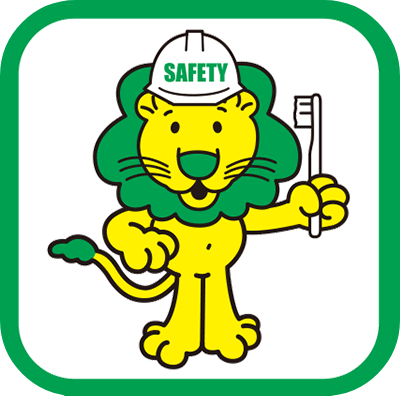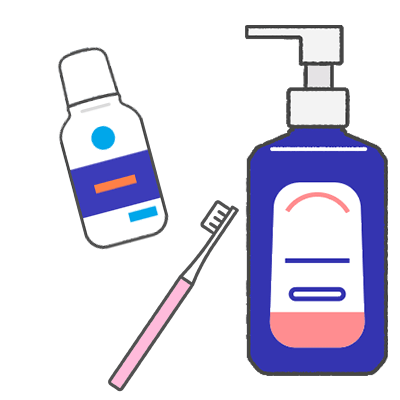
Hygiene and Health Care Information for Times of Disaster
In times of disaster, living in evacuation shelters, a limited water supply and other factors can increase hygiene-related risks in daily life, so keeping clean and taking care to stay healthy are extra important.
Lion offers free information about hygiene and healthcare practices for times of disaster covering such topics as keeping hands clean and maintaining oral health.
-
1. Hand Hygiene
In times of disaster, at evacuation shelters where many people are coming and going and elsewhere, your hands tend to get dirtier than usual. Take care to always keep your hands clean.
More
-
2. Oral Hygiene
Living in an evacuation shelter or anywhere with a limited water supply can lead to inadequate oral care. This increases the risk of cavities, gum disease and infectious diseases.
More
-
3. Living in an Evacuation Shelter
When living in an evacuation shelter, monitoring your physical health, keeping your hands clean, and taking care to maintain good hygiene when eating are all important.
More
-
4. Points to Consider for Evacuation
This section will introduce everyday ways that you can prepare in case you have to evacuate your home some day.
More


